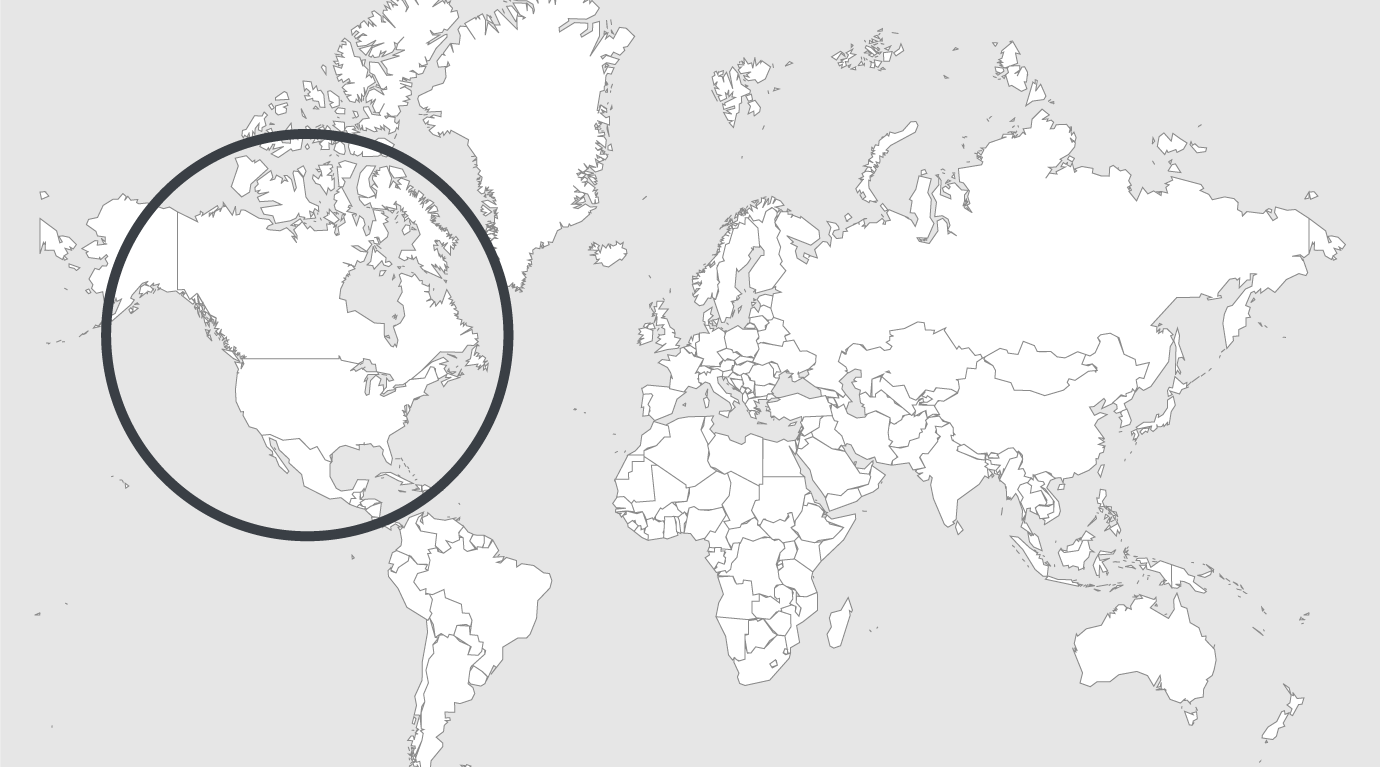
Explore
United States: the Trump administration is expanding its use of for-profit prisons to house undocumented immigrants
The US government is laying the groundwork to expand the use of private, for-profit prisons to house an anticipated influx of undocumented immigrants as a result of new Attorney General Jeff Sessions’ crackdown on immigration.
The Bureau of Prisons has already started the process for acquiring at least one new private prison to house immigration offenders. In a pre-solicitation notice posted in April, the bureau announced it would soon be taking bids for a new private institution “for up to 9,540 beds.”
“The population will be low security adult male inmates that are primarily criminal aliens with ordinarily 90 months or less remaining to serve on their sentences,” the notice says, adding that the contract “will have a potential term of 10 years.” The BOP expects to issue the formal call for bids on or around May 24, with an application deadline of July 24, the notice says.
There are already more than 21,000 inmates in private federal prisons, which have been cited as less safe than government-run institutions and lacking in essential services, such as health care — prompting a pledge from the Department of Justice last year to curb their use. Sessions, once one of the Senate’s most conservative members and vocal advocates for stricter law enforcement policies, has rescinded the Obama-era policy and ordered stricter enforcement of immigration laws. As a result, the federal government is once again turning to private prisons to sustain an overburdened federal prison system.
“We’re extremely concerned,” says Jesselyn McCurdy, deputy director of the ACLU’s legislative office in Washington. “We have seen how people have been mistreated, abused, and in many cases, not been given proper medical care and died as a result of being in private prisons.”
Dr. Thomas Kane, acting director of the Federal Bureau of Prisons, told the House Judiciary committee five days after the BOP issued its pre-solicitation that it has historically housed “criminal aliens” who are classified as lower security risks in private institutions.
“Given Attorney General Sessions’ strong focus on a priority for the investigation and prosecution of immigration offenses, we do expect an increase in additional immigration offenders over the weeks and months ahead,” Kane told the committee.
“We will monitor those population trends very closely and, to the extent that increases in immigration offenders at the low security level occur, we will […] maximize the use of Federal Bureau of Prisons institutions at a low security level and to the extent needed, contract for additional capacity from the private sector,” Kane said.
BOP spokesperson Tovia Knight, asked to confirm the pre-solicitation notice is a direct result of Sessions’ new policy, said the notice “is in anticipation of population increases due to new law enforcement initiatives.”
She also said the notice is for “a minimum of 1,800 private beds,” but that “it is too early to project the magnitude” of the Trump administration’s new policies.
New data from US Immigration and Customs Enforcement provides insight into the effect thus far of those policies. ICE reported on Wednesday that it had arrested 41,318 people on immigration offenses during President Donald Trump’s first 100 days in office — a nearly 38% increase over the same period in 2016. Though ICE said the majority of those arrested had criminal records, the greatest increase came in arrests of individuals without criminal records.
The Department of Justice, which oversees the Bureau of Prisons, declined to comment on this story. A spokesperson for Republicans on the House Judiciary committee also declined to comment.
Read full article.
